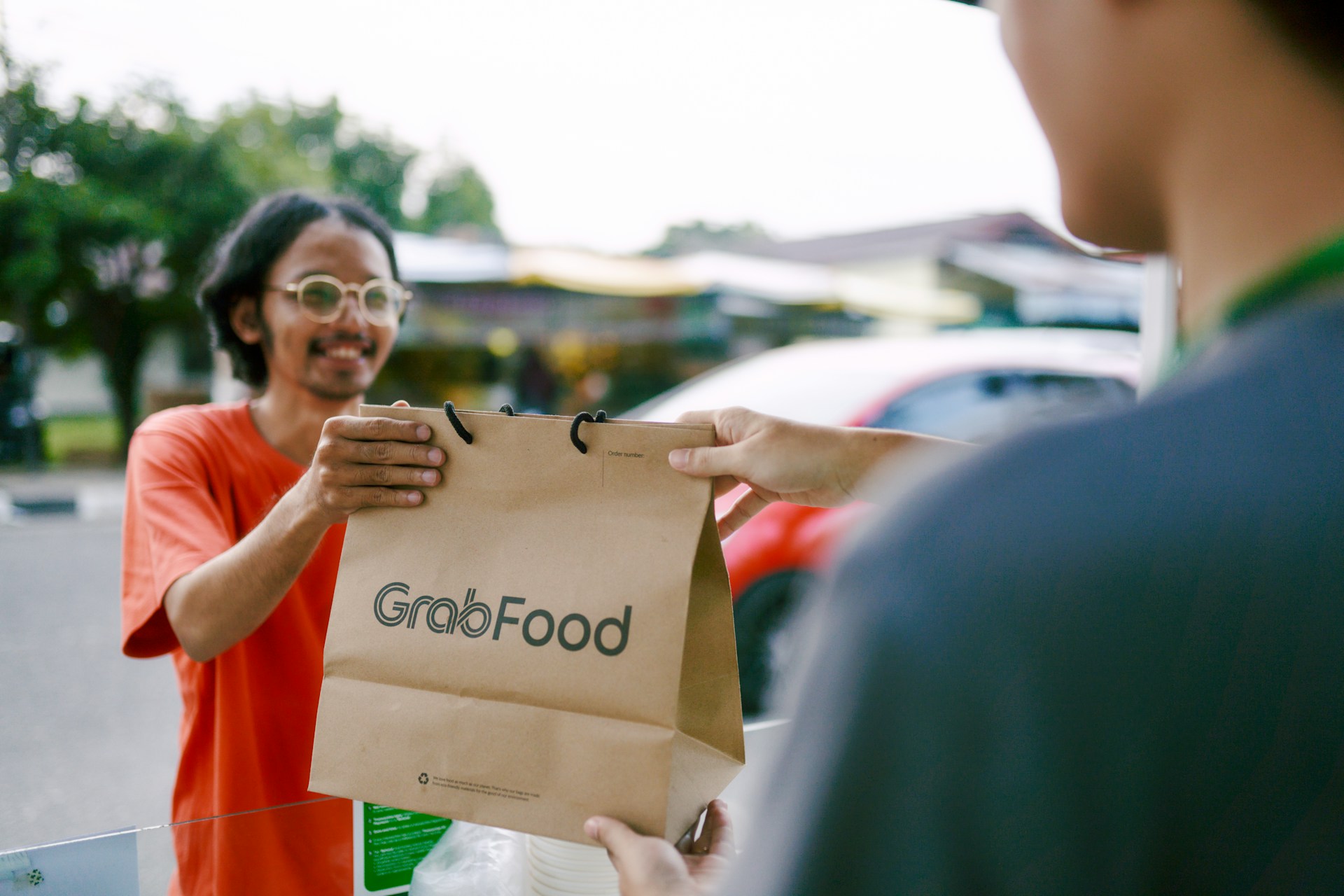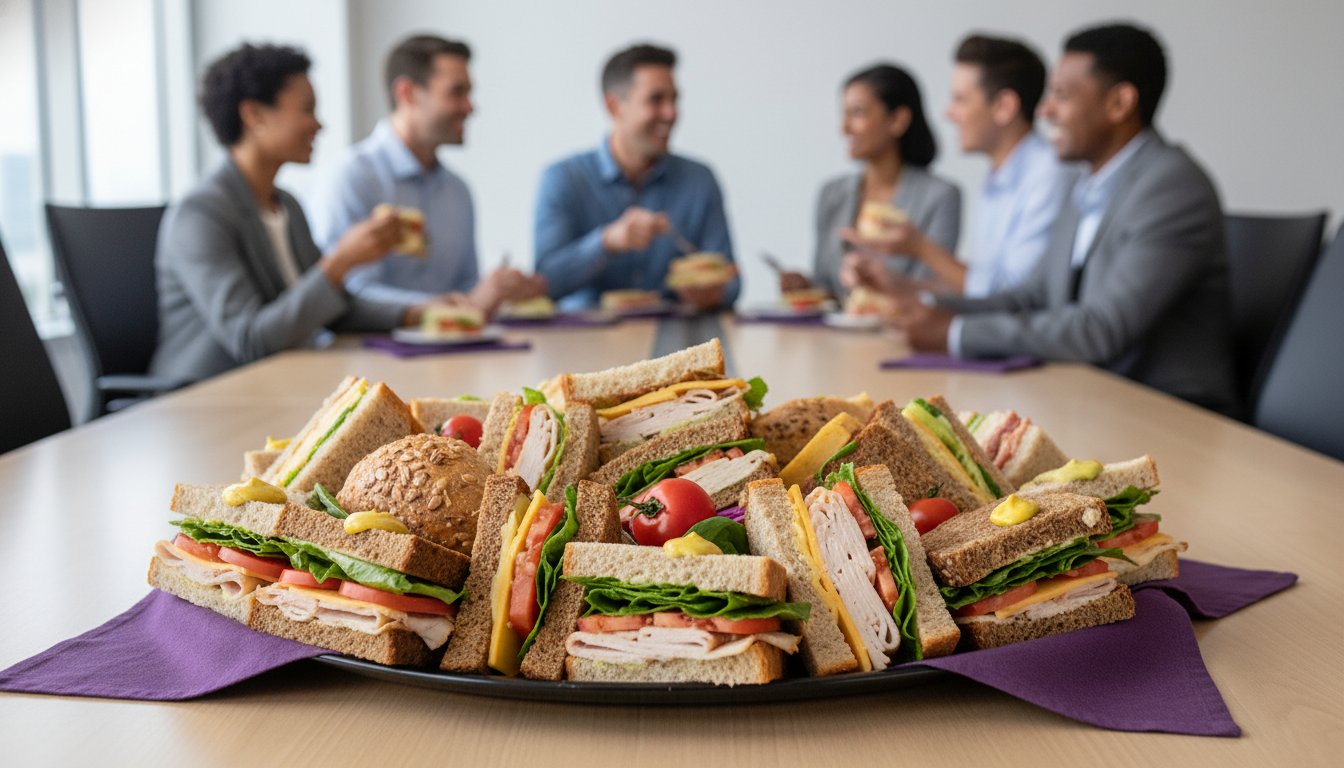In the heart of Silicon Valley, there’s a tech firm named Zenith Innovations. Known for its cutting-edge products and high-pressure environment, the company faced a challenge common in the industry: maintaining high employee morale and productivity. The solution came from an unexpected place — their new office manager, Emily, who believed in the transformative power of good food.
Emily had read about various studies highlighting how shared meals can enhance team cohesion and boost productivity. She decided to test this theory with Zenith Innovations. The company already had a well-stocked snack bar, but Emily wanted to take things a step further by introducing catered lunches from diverse cuisines. She partnered with a local catering business specializing in Indian, Mexican, Dominican, and Hispanic dishes.
The First Experiment: Indian Cuisine Day
On the first Friday of the experiment, the office was filled with the enticing aromas of Indian spices. Employees were greeted with a colorful spread of dishes: creamy butter chicken, spicy paneer tikka, fragrant basmati rice, and a variety of chutneys and naan. The usual hurried lunchtime was replaced by a relaxed, communal dining experience.
The impact was immediate. Employees who usually ate lunch at their desks or with their close friends found themselves mingling with colleagues from different departments. The shared enjoyment of the meal broke down social barriers, fostering new connections and conversations. After lunch, the office was buzzing with energy and camaraderie. Projects that had stalled due to communication gaps were suddenly moving forward with renewed vigor.
A Cultural Fiesta: Mexican Food Day
The following week, Emily organized a Mexican food day. The break room was transformed into a vibrant fiesta with tacos, enchiladas, fresh guacamole, and churros for dessert. The festive atmosphere encouraged employees to take a break from their screens and engage with one another.
Carlos, a software developer, shared how the meal reminded him of his family’s gatherings back home. This led to a heartfelt conversation with his manager about cultural traditions and work-life balance, resulting in a new mentorship program within the company. The relaxed and open environment allowed employees to discuss ideas and feedback more freely, leading to innovative solutions and improved workflows.
A Taste of Home: Dominican Cuisine Day
One particularly impactful day was when Emily introduced Dominican cuisine. For many employees, it was their first time trying dishes like mofongo, sancocho, and pastelitos. For others, like Maria from the finance department, it was a taste of home.
Maria organized an impromptu cooking demonstration, teaching her colleagues how to make traditional Dominican dishes. This not only boosted her confidence but also allowed her to share a piece of her culture with her colleagues. The interactive and educational aspect of the meal brought a sense of excitement and curiosity to the office. Employees returned to their desks feeling appreciated and culturally enriched, translating into higher job satisfaction and productivity.
The Results: Tangible Benefits
Emily’s initiative did more than just fill stomachs; it filled the workplace with a sense of community and belonging. Over the course of a few months, Zenith Innovations saw tangible benefits:
- Improved Communication: Regular shared meals broke down departmental silos, leading to better collaboration and more efficient problem-solving.
- Enhanced Morale: Employees felt valued and appreciated, leading to higher job satisfaction and a more positive work environment.
- Increased Productivity: The boost in morale and improved communication directly contributed to increased productivity and innovation.
Conclusion
Zenith Innovations’ story is not unique. Across the world, companies are discovering that investing in their employees’ well-being through good food pays off. The simple act of sharing a meal can break down barriers, foster new connections, and create a happier, more productive workplace.
For Emily, the success of the program was a testament to her belief in the power of food. By introducing diverse, high-quality meals, she transformed the company’s culture and demonstrated that sometimes, the best way to boost productivity is through the stomach.


